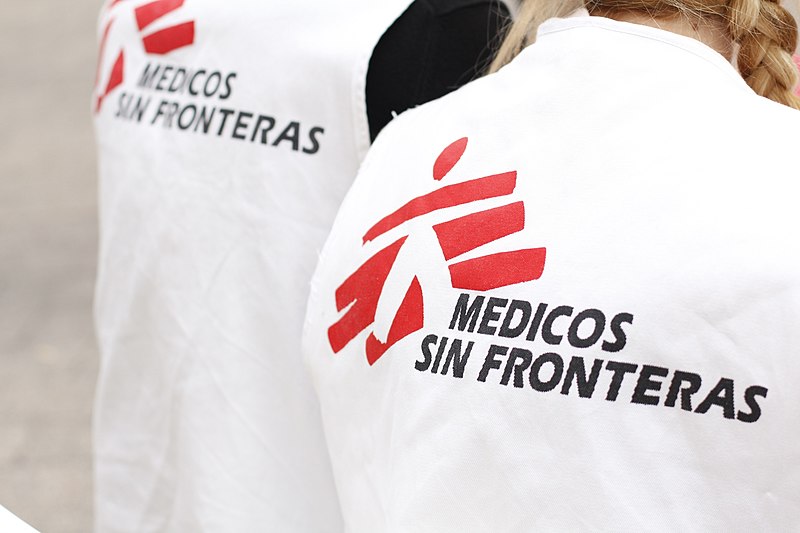- 14 3402-5578
- Rua Hygino Muzy Filho, 737, MARÍLIA - SP
- contato@latinoobservatory.org
 Foto: nesimo
Foto: nesimo
Médecins Sans Frontières (MSF) has announced the resumption of work in support of non-profit groups in Arizona, USA, that provide humanitarian assistance to migrants and asylum seekers crossing the US-Mexico border through the dangerous Sonoran Desert.
Earlier this year, an MSF team, in collaboration with local organizations such as Humane Borders, Samaritans and No More Deaths, assessed medical needs in the region and suggested ways to improve available services. MSF head of mission Adriana Palomares highlighted the extreme vulnerability of migrants, including pregnant women, children and people with medical conditions such as diabetes and hypertension, who face the dangerous crossing through the desert, according to the organization.
Thousands of migrants and asylum seekers take this route annually, traversing rugged terrain and facing extreme weather conditions such as freezing temperatures in winter and intense heat in summer, which puts their lives at risk due to factors such as dehydration and excessive physical exertion.
Many migrants try to seek asylum using the CBP One mobile app, but they face technical problems and delays, which leaves them in dangerous situations in border cities in Mexico. Faced with the risk, some decide to head North through the Arizona desert.
The organization plans to spend about six weeks helping local groups prepare for an increase in migration flows, identifying needs, providing supplies at sanitation and hydration points, and offering training in basic first aid and psychology. The organization is also considering providing additional support as the situation evolves.
MSF has a long history of assisting migrants
along migration routes through Central America and documents the challenges
they face, including U.S. policies that hinder their right to seek asylum. Dr.
Belen Ramirez, the project's coordinator, emphasizes that the U.S. has a
responsibility to properly process asylum applications at the border to prevent
people from risking their lives crossing the desert.











